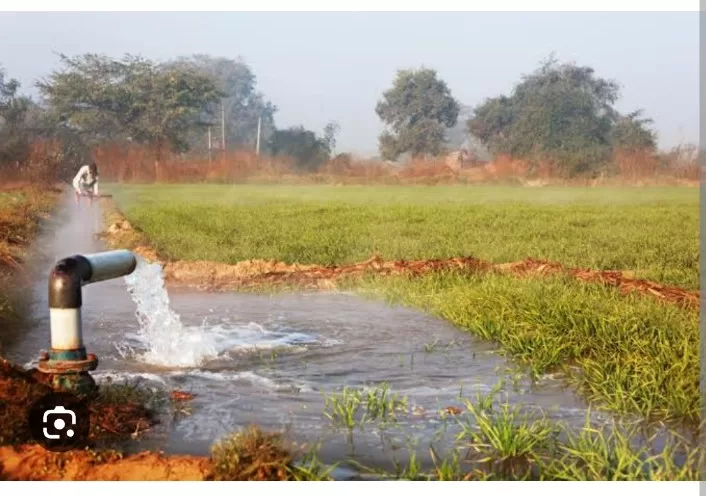In a recent publication by the United Nations University — Institute for Environment and Human Security (UNU-EHS), a solemn warning resonates: India is teetering on the precipice of a critical groundwater depletion juncture. The report, titled ‘Interconnected Disaster Risks Report 2023,’ delves into six environmental tipping points, spotlighting accelerating extinctions, melting mountain glaciers, space debris, unendurable heat, and an uninsurable future. Furthermore, this comprehensive report uncovers that 27 out of the world’s 31 major aquifers are diminishing at an alarming pace, surpassing their capacity for natural replenishment.
A significant revelation within the report is the identification of 78% of wells in Punjab as overexploited. This grave situation extends to the northwestern region at large, with projections painting a bleak picture of critically low groundwater availability in the vicinity by the year 2025.
The notion of environmental tipping points signifies critical thresholds within the Earth’s systems. When these thresholds are crossed, they often initiate abrupt and irreversible alterations that can lead to profound and, at times, catastrophic shifts in ecosystems, climate patterns, and the overall environment. Groundwater, a vital freshwater resource stored within underground reservoirs known as “aquifers,” serves as the focus of this report. It is crucial to note that these aquifers cater to the drinking water needs of over two billion people, with approximately 70% of withdrawals being allocated for agricultural purposes. Regrettably, more than half of the world’s major aquifers are depleting at a pace that outstrips their natural replenishment capacity. Groundwater, which accumulates over millennia, is essentially a non-renewable resource, and the imminent tipping point is reached when the water table drops below a level that existing wells can access. Such a scenario would not only jeopardize the livelihood of farmers but could also precipitate food insecurity and place entire food production systems in jeopardy.
A staggering 30% of the world’s freshwater is stored as groundwater, periodically surfacing through springs, lakes, streams, or being extracted from drilled wells into the aquifer. Groundwater depletion rates have accelerated globally since the mid-20th century, to the extent that it now significantly contributes to rising sea levels. Excessive groundwater pumping has also impacted the Earth’s axis, causing a deviation of 4.36 cm per year. The regions most severely affected by groundwater depletion include sections of India, northeastern China, the western United States, Mexico, Iran, Saudi Arabia, and parts of northern Africa. For some regions, such as Saudi Arabia, the groundwater risk tipping point has already been surpassed. India, while not yet over the threshold, is perilously close.
Agricultural intensification is a principal driver propelling us toward the brink of groundwater depletion. Groundwater irrigation plays a pivotal role in sustaining the production of approximately 40% of the world’s crops, including staple foods like rice and wheat. India, in particular, stands as the world’s foremost consumer of groundwater, exceeding the combined usage of the United States and China. This reliance on groundwater is most evident in the northwestern region, where Punjab and Haryana are responsible for producing half of the nation’s rice and 85% of its wheat. Nevertheless, the high-pressure demand for groundwater in these regions has led to an alarming 78% of wells in Punjab being classified as overexploited. Projections for the region foretell critically low groundwater availability by 2025, further compounding the looming crisis.
Notably, the relationship between groundwater and international food supply chains serves as an additional driving force behind its depletion. Many countries that extract groundwater in excess of sustainable levels export their agricultural products to distant markets. For example, the United States exports 42% of its crops, primarily corn, cultivated from overdrawn groundwater to nations like Mexico, China, and Japan. This intricate web of interdependence emphasizes the global implications of India’s impending groundwater crisis.
The UN report’s findings underscore the critical need for immediate action to safeguard the world’s groundwater resources, with a specific focus on India, a nation standing at the precipice of a perilous tipping point. In light of these revelations, efforts to promote sustainable groundwater management and agricultural practices are more imperative than ever, as we collectively address the looming environmental catastrophe.
Let us remain vigilant and resolute in our efforts to secure this indispensable resource, recognizing the profound impacts it has on our global ecosystem and food security.






